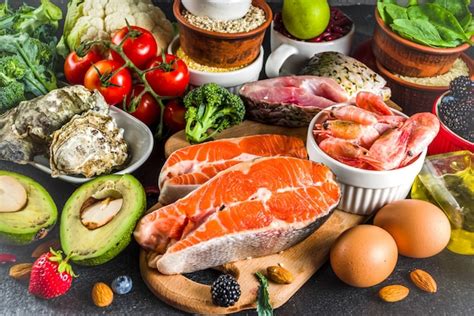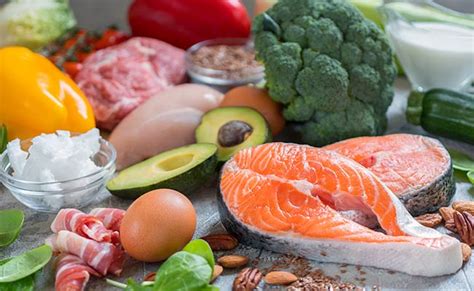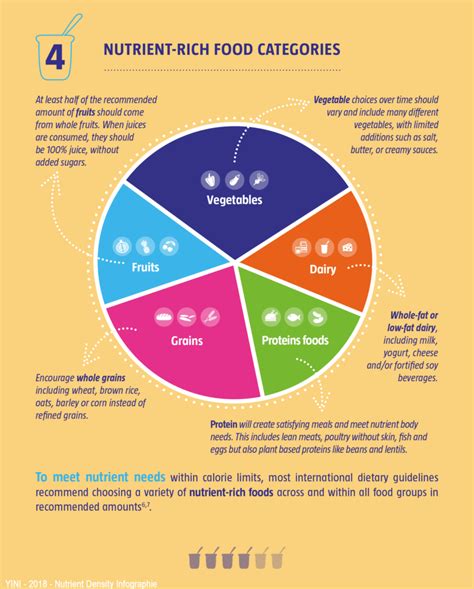What specific dietary nutrients are particularly important for men to support healthy testosterone levels?

Testosterone, the primary male sex hormone, plays a pivotal role in numerous bodily functions, including muscle growth, bone density, red blood cell production, mood regulation, and sexual function. While its levels naturally decline with age, diet and lifestyle are powerful tools that can significantly influence its production and maintenance. Understanding which specific dietary nutrients are particularly important for men can empower them to make informed food choices to support optimal hormonal health.
Zinc: The Cornerstone of Testosterone Synthesis
Zinc is perhaps one of the most well-known minerals directly linked to testosterone production. This essential trace element is involved in hundreds of enzymatic processes, including those crucial for the synthesis of testosterone. Studies have shown that even mild zinc deficiency can lead to a decrease in testosterone levels, while supplementation can restore levels in deficient individuals.

Rich sources of zinc include red meat, poultry, shellfish (especially oysters), beans, nuts, and dairy products. Integrating these foods into a regular diet is fundamental for maintaining adequate zinc status.
Vitamin D: More Than Just Bone Health
Often referred to as the “sunshine vitamin,” Vitamin D actually functions as a steroid hormone in the body. Receptors for Vitamin D are found in nearly every tissue, including the testes, which produce testosterone. Research suggests a strong correlation between adequate vitamin D levels and higher testosterone levels in men. It’s believed that vitamin D plays a role in regulating the enzyme aromatase, which converts testosterone to estrogen.

While sun exposure is the primary way to get Vitamin D, dietary sources include fatty fish (salmon, mackerel, tuna), fortified dairy products, and certain mushrooms. Many men find it challenging to obtain sufficient vitamin D solely through diet and sun, making supplementation a common and effective strategy.
Magnesium: An Underestimated Contributor
Magnesium is another vital mineral that plays a significant role in countless biochemical reactions within the body, including those related to hormone regulation. It is involved in improving the bioavailability of testosterone by reducing its binding to sex hormone-binding globulin (SHBG). When testosterone is bound to SHBG, it is not biologically active, meaning lower levels of free, usable testosterone. Magnesium helps ensure more free testosterone is available for the body to use.
Foods high in magnesium include leafy green vegetables, nuts, seeds, whole grains, legumes, and dark chocolate. Ensuring adequate intake can contribute positively to overall hormonal balance.
Healthy Fats: Essential for Steroid Hormone Production
Cholesterol, a type of fat, is the precursor to all steroid hormones, including testosterone. Therefore, sufficient intake of healthy fats is absolutely crucial for optimal testosterone production. This doesn’t mean consuming unhealthy saturated and trans fats, but rather focusing on monounsaturated and polyunsaturated fats.

Sources include avocados, olive oil, nuts, seeds, and fatty fish (rich in Omega-3 fatty acids like EPA and DHA). Omega-3s, in particular, have anti-inflammatory properties that can indirectly support overall endocrine health.
Beyond the Big Four: Other Supportive Nutrients
While zinc, vitamin D, magnesium, and healthy fats are paramount, other nutrients also contribute to hormonal well-being:
- Vitamin B6 (Pyridoxine): Involved in regulating androgen production and reducing prolactin, a hormone that can suppress testosterone.
- Selenium: An antioxidant that supports testicular health and sperm quality, which is indirectly linked to testosterone function.
- Vitamin K2: Emerging research suggests a role in testosterone production, potentially by influencing testicular enzyme activity.

Holistic Dietary and Lifestyle Approach
Optimizing testosterone levels isn’t just about individual nutrients; it’s about a holistic dietary pattern. A diet rich in whole, unprocessed foods, ample protein, and fiber, while being low in refined sugars and excessive alcohol, is foundational. Incorporating strength training, managing stress, and ensuring sufficient sleep also significantly impact hormonal balance.
By strategically integrating foods rich in zinc, vitamin D, magnesium, and healthy fats, and adopting a balanced lifestyle, men can proactively support their body’s natural ability to maintain healthy testosterone levels, contributing to overall vitality and well-being.









